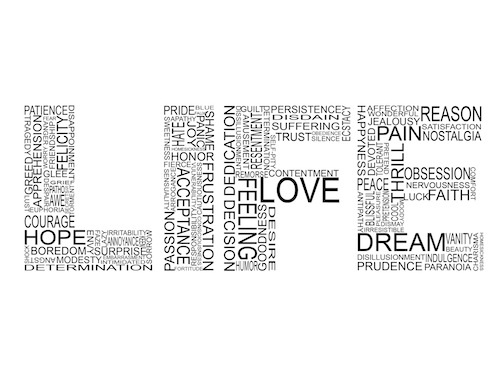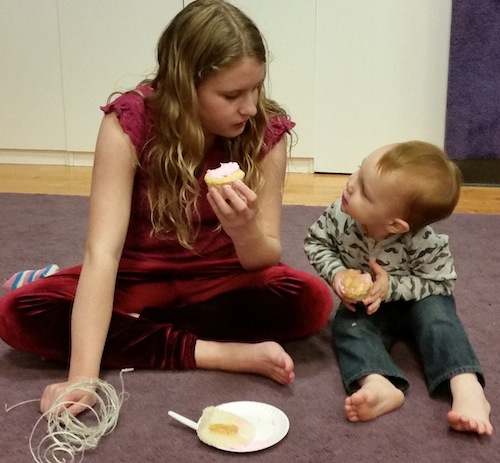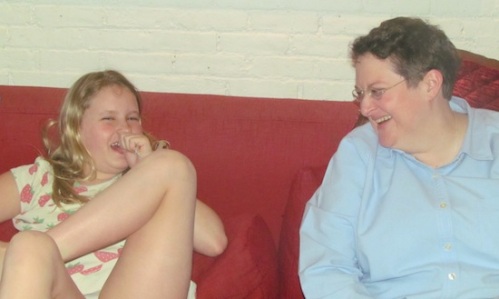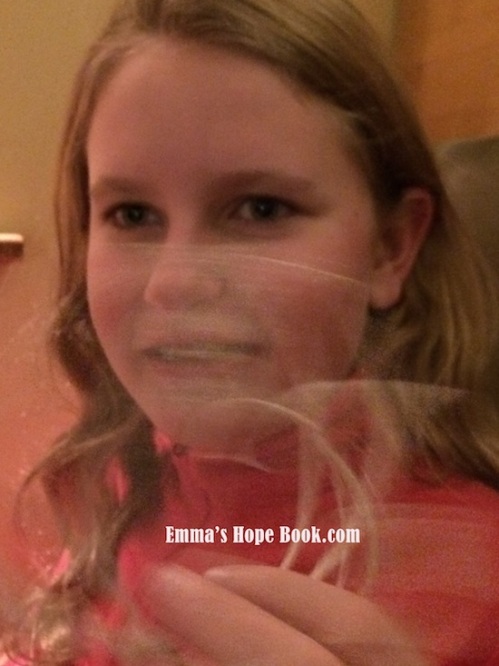Typically in school life there is a certain amount of busy work that one is expected to do, forms that need to be filled out (repeatedly), words that you are expected to say whether you mean them or not, because it is what we as a society do. “It’s just the way it is,” we are told.
However, let’s say you cannot speak and must type to communicate. And let’s say you are in school where upon arrival you are expected to sit down, state write your name, what day of the week it is and the date. You are also expected to say write at least one sentence about the weather and another sentence to describe how you’re feeling. Now let’s also pretend that typing is really difficult for you and it takes you some time to do so in the best of circumstances.
For example, writing five sentences may take you ten minutes or more. You are in a classroom with other students, most of whom speak and cheerfully say their name, the day of the week, the date, what is going on weather-wise and how they feel in under 30 seconds. Go ahead, time yourself and see how long it takes you to give that information. I just did -sixteen seconds and I didn’t have to think about any of the information I was giving for more than 5 seconds. I did pause for three seconds to figure out how I would describe my current mood, and probably could have used a more descriptive word than “okay” but for the purpose of this exercise, just went with “okay” and shrugged. 🙂
But what if you can’t do this. You cannot find the words readily and when you do, you blurt out someone else’s name or maybe you get the day of the week wrong and some of the other kids chuckle under their breath, but your hearing is excellent and so, of course, you hear them. Maybe you see that the weather is beautiful and so you say cheerfully, “Pool!” and there’s more laughter or worse confusion and silence. The only way you can prove that you know any of this is by typing, by pointing to one key at a time with the index finger of your dominant hand, and fortunately you’ve been given the help you need to be able to do this, maybe you’re one of those lucky few that even has someone who is with you who holds the keyboard for you and gives you encouragement.
As you look for the key or the first letter you become distracted and by mistake you hit the wrong key. You meant to press the S for September, but you hit the d, right next to it instead. Hitting the d completely derails you, but you know there’s a month that starts with the letter d so you spell out December. Maybe everything breaks down from there, or maybe you’re able to tough it out and with some patience and help you are able to get back on track, you type the date and the day of the week. You must constantly check in and remind yourself to keep on task. You must concentrate and not become distracted. You know you must write about the weather, something you don’t particularly care about as you know you won’t be able to go outside to enjoy it anyway, so why does the weather matter?
Still you persevere. You say that it’s sunny outside and finally you’re in the home stretch. You have to write a sentence about how you feel. That’s easy. You know you must write that you’re happy because last time when you wrote that you were feeling frustrated there were questions, questions you couldn’t answer and so you write, “I am happy.” By the time you are ready to hand in your paper you look up and find the classroom is empty. Everyone has gone to do “movement” or morning yoga or they’ve split into smaller groups and are reading. Those five sentences that were asked of you, those sentences that you labored over and now have finished, no one seems particularly interested in reading.
The above scenario is imaginary, but I can still remember the busy work we had to do in school that was very similar to what I’ve described. It was easy for me. I answered the questions without thinking twice and I answered them in under 20 seconds. But my daughter cannot.
If you are going to ask someone who cannot use spoken language to communicate easily, or they cannot speak at all, but can type, even though it may take them five or ten minutes to type a sentence, you better be sure what you’re asking them to write is worth their time and energy.
























